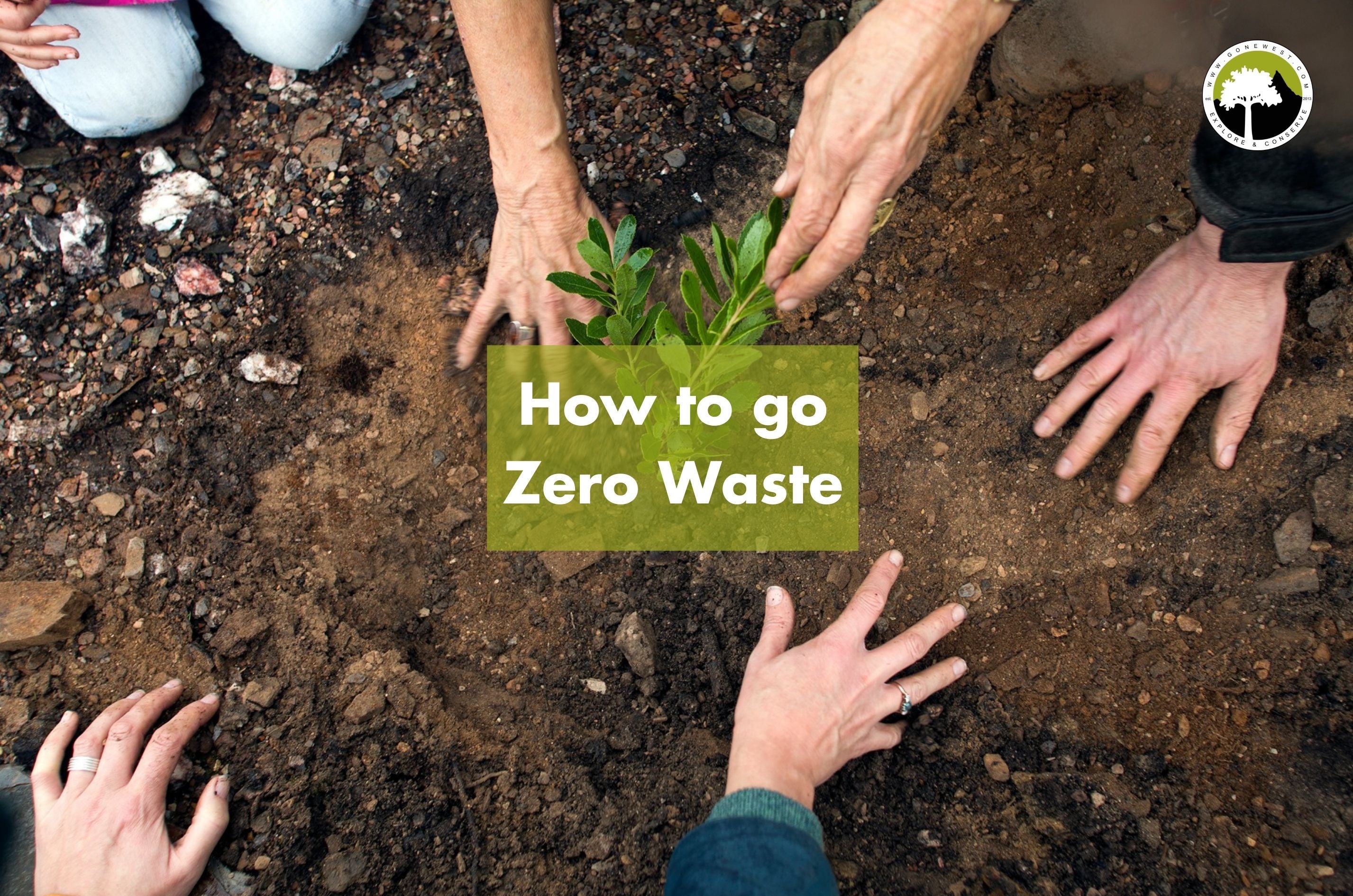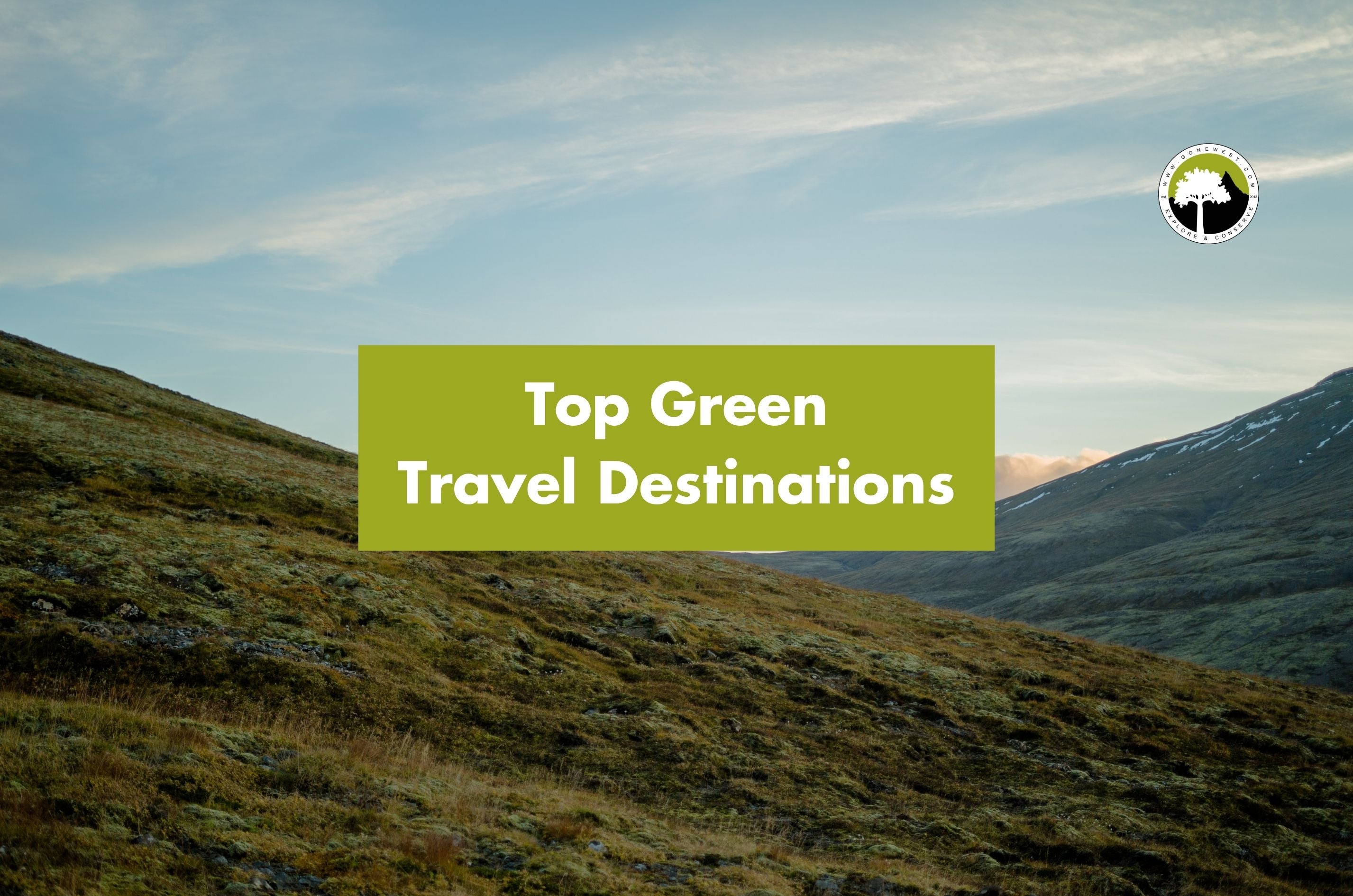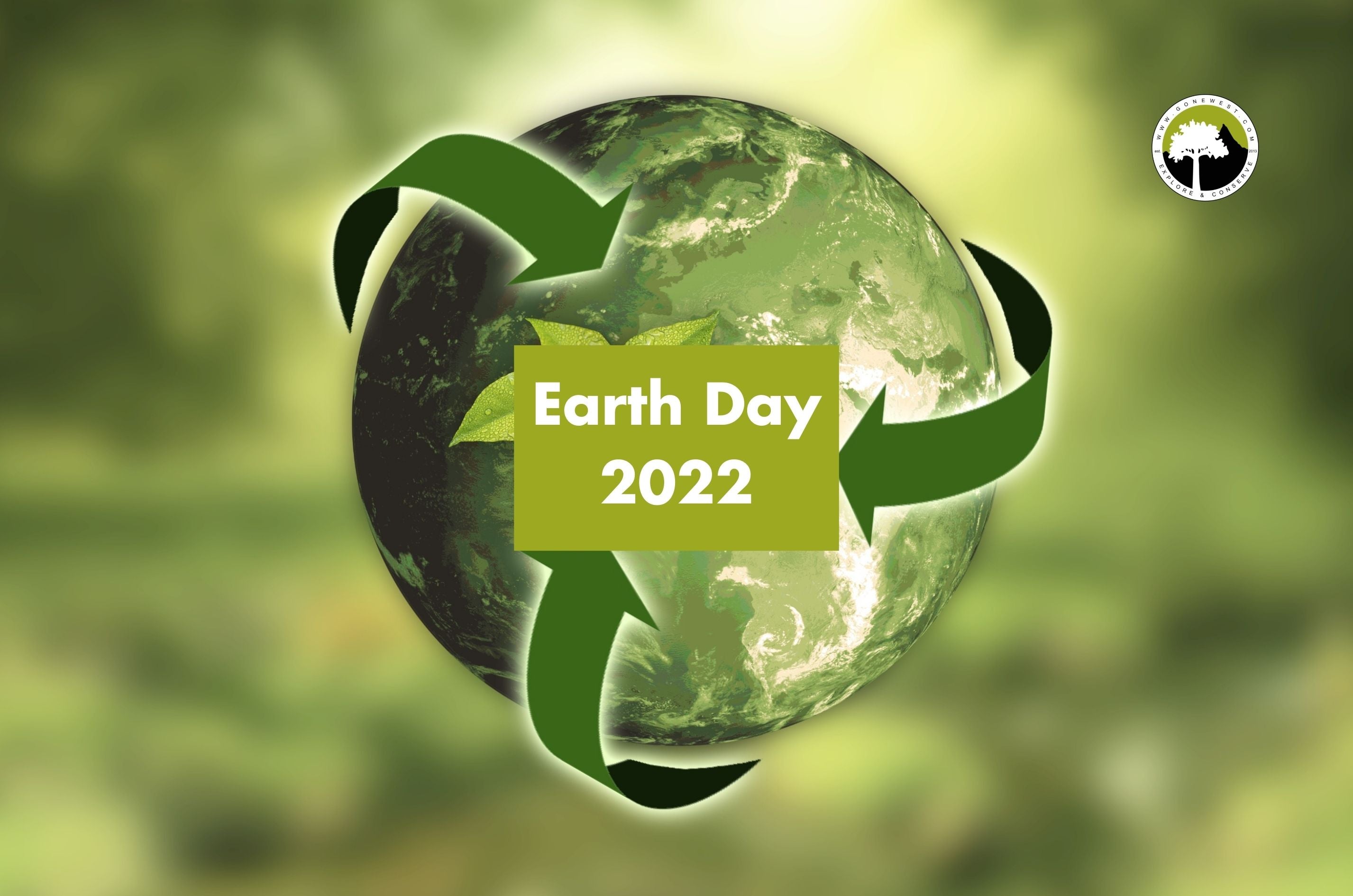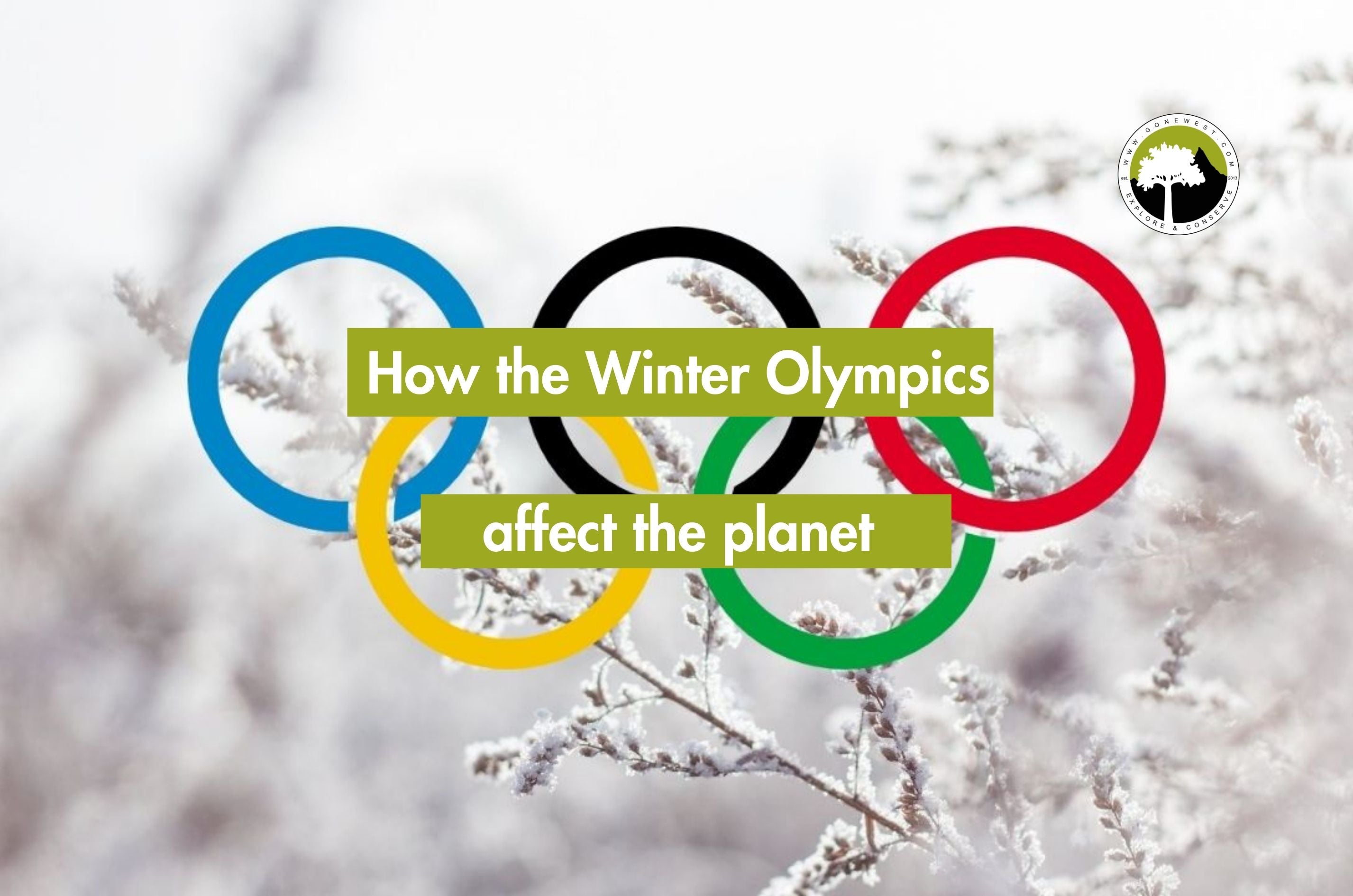An upsurge in the world’s population reciprocating an equal or more demand for food, consequently leading to increased encroachment of forest lands for agricultural purposes. It is this vicious cycle that has led to major tropical forests being reduced drastically, jeopardizing the human race thereby leading to the public outburst. A race to reforest all the former forests and a ban to logging has become a norm all around the world. Even so, as we plant more trees to help us sequence the CO2 that is well above the recommended level already, what if we invest in other sectors that have the same effect as the forests, but this time much faster!
Microalgae could be crucial in stopping climate change, researchers have found. It can be used to make biofuels and even feed for farm animals and fish farms.
Microalgae grow faster than terrestrial plants and produce an equal amount of food in less than one-tenth of the land area, making it a ‘key solution.’
Biofuels made from marine microalgae could reduce the use of carbon-based fossil fuels such as petroleum. To make this type of biofuel, researchers harvest freshly grown microalgae, remove most of the water in it and then extract the lipid (fats) for the fuel. The remaining defatted mixture is protein-rich and highly nutritious, and it can be added to animal feeds for domesticated farm animals such as chickens and pigs, or as fish farming feeds for salmon and shrimp. A perfect example of sustainable production.
Despite appearances, algae are an excellent source of protein. If meat-eaters started to eat more algae, the industry’s theory goes, that shift could slash carbon emissions by reducing demand for beef and pork.
Algae could also replace fertilizer-intensive crops such as corn and soy as fillers in processed foods, including fish, pig, and cow feed. With enough algae in human and animal diets, society could avoid planting new fields even as the population increases and perhaps even allow existing farmland to return to forests, which absorb more greenhouse gases per square kilometer.
Even though there seems to be so much potential with algae propagation, but there has been so little done to walk the talk. But why is this the case? Well, your guess may be as good as mine.
Among the main constraints is the production cost which is way too much to be produced commercially.
A lot of research still needs to be done to identify the fastest growing and the highest biomass yielding strain.
Meanwhile, as we wait for scientists and engineers to come up with the above solutions, we do what we are good at, plant more trees, since global warming will not wait.
By: Kelvin Jimmy Awori
Stay in the loop





